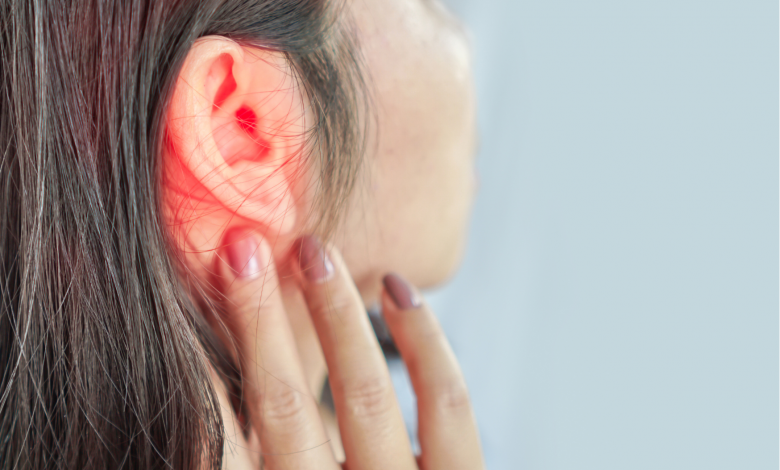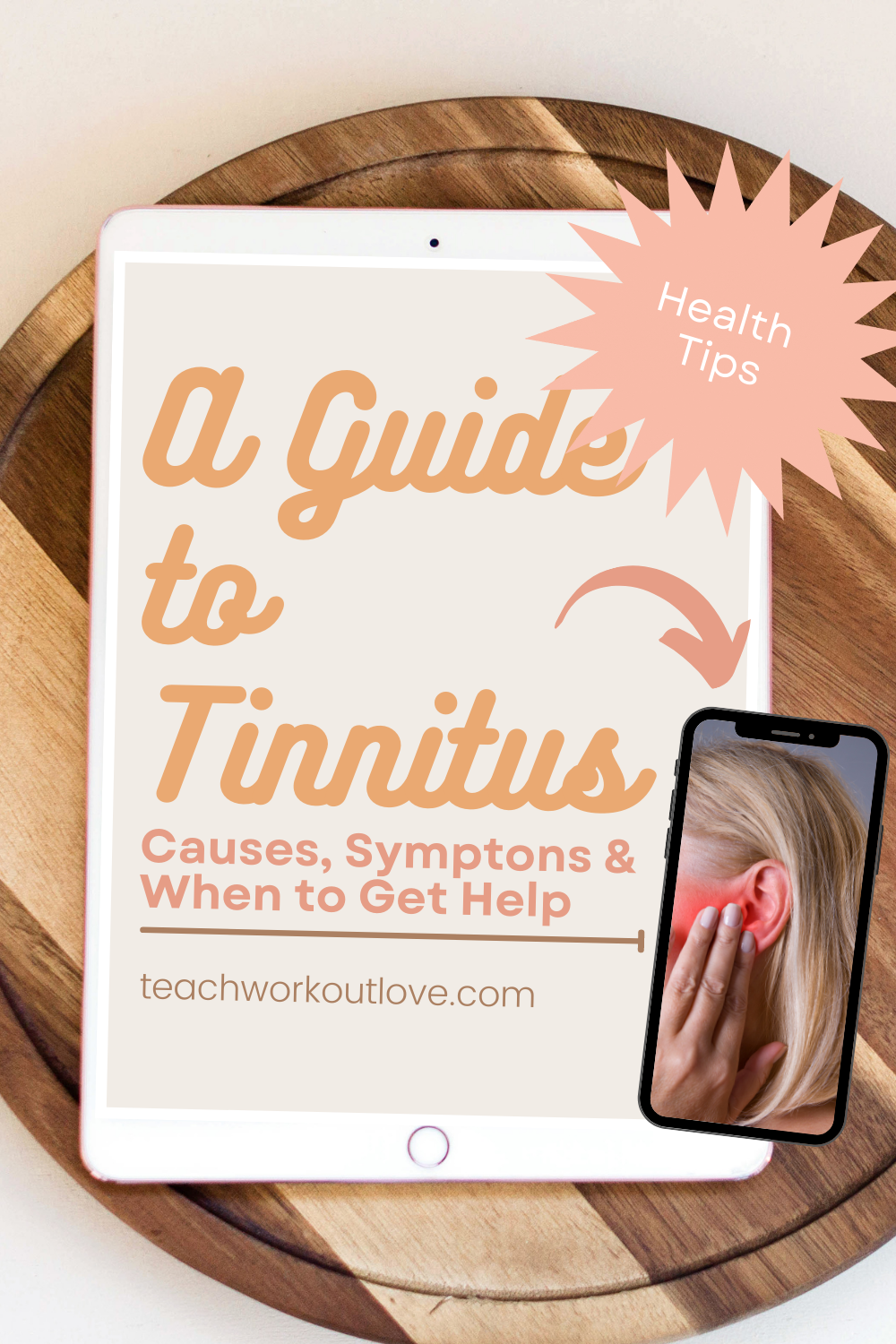
“Tinnitus” is the medical term for the sensation of hearing noise in either one ear or both ears that cannot be traced to any external sound. It is a fairly common phenomenon that is experienced by 10 to 15 per cent of adults worldwide. Nevertheless, tinnitus can sometimes be quite bothersome and a source of great physical discomfort. In some cases, it may also be symptomatic of an underlying health condition like an infection, metabolic disorder, autoimmune disorder, or vascular disease.
What causes tinnitus, what are the symptoms and risk factors associated with this sensation, and when should someone seek further medical treatment for tinnitus? Below is a quick guide that should answer these questions.
What Are the Causes of Tinnitus?
The experience of tinnitus can be attributed to several different causes, the following of which are the most common:
Hearing Loss Due to Old Age
For elderly people, tinnitus is often an indicator of impending hearing loss due to old age. This is caused by the natural deterioration of parts in the human auditory system, such as the cochlea.
Ear Canal Blockage or Ear Infection
Tinnitus can also occur as a result of wax buildup in the ear canal, or as the result of an ear infection. For the latter, it can be accompanied by other symptoms such as pain inside one’s ear, fluid discharge, and a high temperature.
Ear Trauma
It is also common for tinnitus to arise as a result of ear trauma or ear injury. Some examples of ways that one can incur tinnitus from ear trauma are through rapid changes in air pressure, being in an accident, being in close proximity to a loud blast of noise, and trauma from contact sports.
A Problem in the Person’s Circulatory System
Some cases of tinnitus can be linked to problems in the person’s circulatory system, like high blood pressure or atherosclerosis (buildup of fats and cholesterol in the walls of the arteries). These circulatory problems induce blood to flow through the veins with more force, causing tinnitus.
Side Effects from Certain Medications
It’s also possible for someone to get tinnitus from ototoxic medications, or medications whose side effects include hearing issues. Examples of ototoxic medications include certain antibiotics, non-steroidal anti-inflammatory drugs, diuretics, antidepressants, and antimalarial drugs, to name a few.
How Do You Know if You’re Experiencing Tinnitus?
Tinnitus can manifest in the following ways:
- Hearing ringing noises
- Hearing whistling noises
- Hearing noises that sound like vacuums
- Hearing hammering noises
- Hearing humming noises
- Hearing noises that sound like insects buzzing
It’s also worth noting that there are two types of tinnitus: subjective tinnitus and objective tinnitus. Subjective tinnitus, which is the more common form, is characterised by a sound that only the person experiencing tinnitus can hear. Objective tinnitus, which occurs very rarely, involves either a pulsating rhythmic sound (in time with the person’s heartbeat) or a “whooshing” sound that the medical examiner may also be able to hear.
What Factors Can Increase the Risk of Tinnitus?
The following risk factors are associated with tinnitus:
Age
The older a person becomes, the higher their likelihood of developing tinnitus and other hearing problems. As mentioned earlier, tinnitus is often a byproduct of the natural ageing process.
Pre-Existing Health Problems
A person’s existing health problems also make them more vulnerable to tinnitus. Common health conditions that are tied to tinnitus include high blood pressure, allergies, diabetes, rheumatoid arthritis, fibromyalgia, and Meniere’s disease, among others.
Proximity to Loud Noises
If a person works or lives close to an area where there are frequent barrages of noise, such as a construction site, they may develop tinnitus as a result. The sound in their ear may be similar to what they hear in their proximity.
Use of Alcohol and Tobacco
Lastly, frequent consumption of alcohol and tobacco can increase one’s chances of developing tinnitus. Smoking causes the blood vessels to narrow and restrict the flow of oxygen to the ears, while drinking alcohol can cause the blood vessels to expand and increase blood flow—both of which tend to amplify tinnitus.
When Should You Get Further Medical Assistance for Your Tinnitus?
Though it can be vexing and disorienting when it actually occurs, tinnitus often goes away on its own after a while. For this reason, many people are largely unbothered by their tinnitus and do not feel compelled to seek medical treatment for it.
However, there are some cases in which it is best to get tinnitus examined by a doctor. You should seek medical treatment for your tinnitus in the following circumstances:
If Your Tinnitus is Impairing Your Day-to-Day Life
Is your tinnitus so loud and consistent that it already interrupts your mood, sleep patterns, concentration, and overall quality of life? If so, it’s best to get examined by an expert in tinnitus therapy so that the root of the problem can be determined and the effects mitigated.
If Your Tinnitus Comes with Further Health Complications
It is also a cause for concern if your tinnitus comes with ear discharge, dizziness, fatigue, or severe anxiety. These complications are a sign that you should get a check-up and see if your tinnitus is linked to a serious health condition.
If You Have Trouble Moving, Walking, or Balancing Yourself Along with Your Tinnitus
You are due to receive urgent care from a hospital if you’re experiencing facial paralysis, vestibular symptoms like vertigo, and impaired movement or balance in addition to severe tinnitus. Schedule an exam with an otolaryngologist as soon as possible.
Notes on Treatment for Tinnitus
Treatment for tinnitus is typically handled by audiologists and ear, nose, and throat doctors. After undergoing a doctor’s exam to gauge the severity of the tinnitus, the patient may be prescribed a hearing aid or recommended for a cochlear implant. They may also be urged towards interventions like masking therapy, which uses other sounds to disguise tinnitus and make it less disruptive.
The next time you experience tinnitus, revisit this guide to help you analyze the extent of the issue. If your tinnitus persists and comes with other noteworthy symptoms, don’t be remiss in seeking medical attention.
This post contains affiliate links and I may receive a commission, at no additional cost to you, should you purchase through one of my links. Please see my disclosure for more information.








